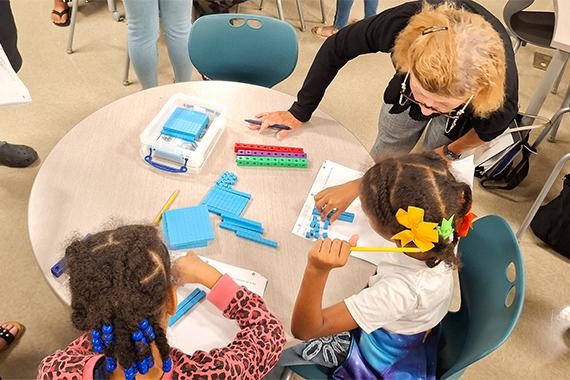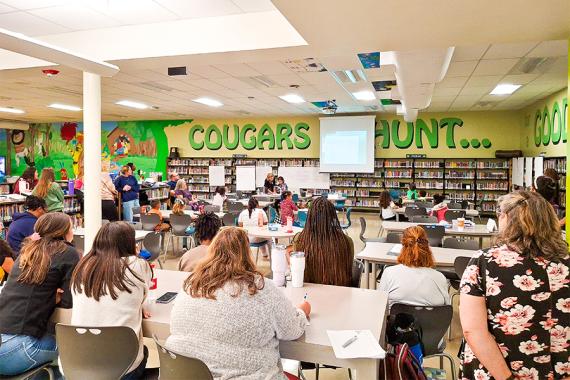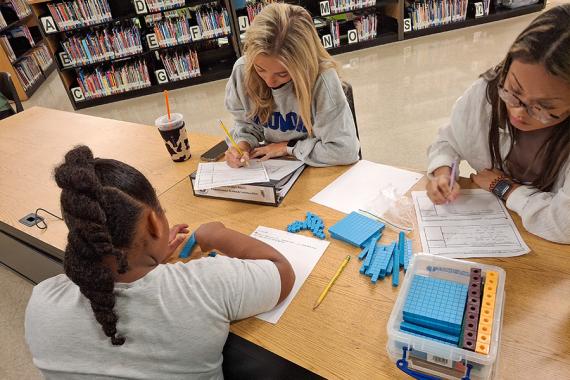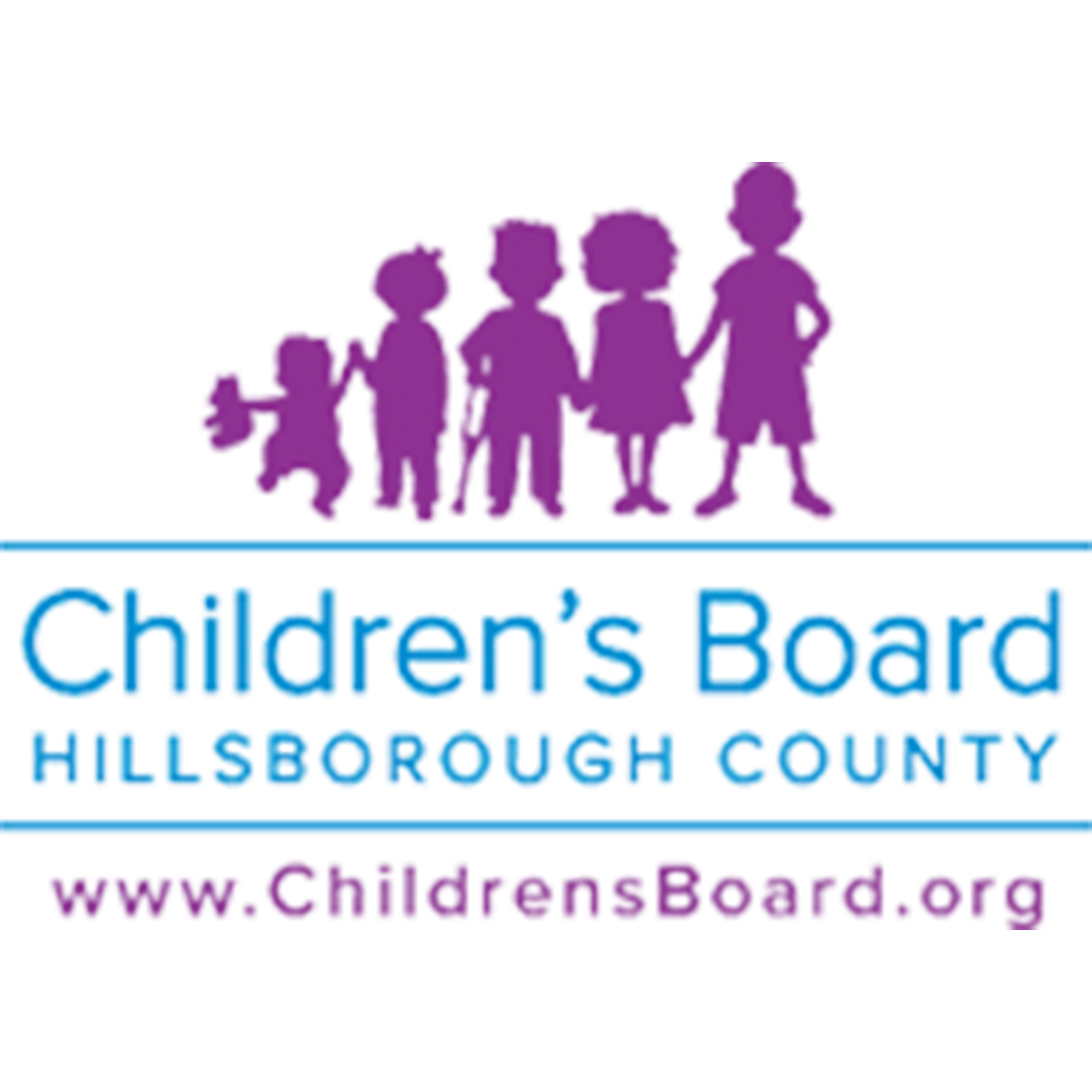The Learning Systems Institute (LSI) at Florida State University has received a two-year grant from the Children’s Board of Hillsborough County. The Successful Start: Cognitively Guided Instruction project will aim to enhance the effectiveness of early elementary mathematics in Hillsborough County by providing mathematics teacher professional development to 300 voluntary pre-kindergarten (VPK) through third grade teachers in collaboration with Hillsborough County Public Schools.
The premise of the CGI program is that all students enter school with intuitive knowledge and abilities that can serve as the basis for developing their mathematical ideas. Teachers can help students build on that intuitive knowledge to develop a progressively abstract understanding of mathematics that make up the elementary school curriculum.
“The Successful Start project will provide training and support to teachers who serve students in VPK to third grade,” said principal investigator and LSI Senior Research Associate Dr. Amanda Tazaz. “These are the foundational grades where students learn the basics of mathematics necessary for success in later, more challenging mathematics courses. Research has also shown that student mathematics knowledge and achievement in preschool and the earliest grades of elementary predicts later success in the upper elementary years.”
In the program, teachers learn how students initially use concrete materials, such as drawings and math manipulatives, to solve math problems and how those procedures with the concrete materials evolve and are linked to more formal, abstract mathematics operations. This formal understanding will help participating teachers better understand the different ranges of mathematics abilities of students in their classroom, allowing for differentiated instruction with the goal of improving student achievement.





